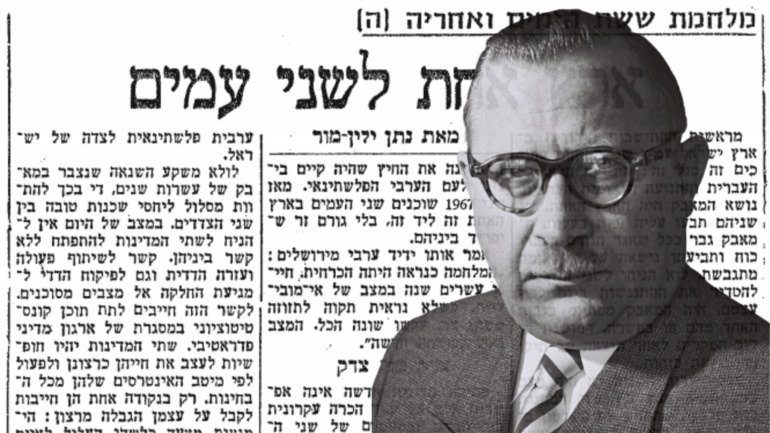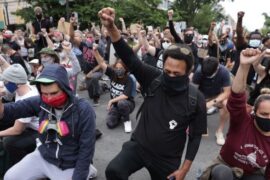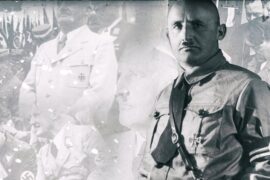A few months after the 1967 Six Day War, Leḥi (Fighters for the Freedom of Israel) political leader Natan Yellin-Mor (Gera) wrote a series of articles in Haaretz detailing his expectations for how the State of Israel’s policies in the newly acquired territories would influence the trajectory of both Israeli and Palestinian societies.
As a former freedom fighter, the Sternist leader was in a position to predict how the Palestinian national movement would develop, the threat it would pose to Israel, and what Israel could do about it.
Much of what he wrote feels prophetic in its accuracy:
- In 1967, many of Israel’s political leaders believed that the Palestinians wouldn’t be capable of coming together to organize an armed struggle against the Israeli state. Yellin-Mor claimed this to be incorrect.
- Yellin-Mor further claimed that harsh Israeli responses against acts of terrorism that collectively punish Palestinian society wouldn’t be effective because people fighting for their freedom are generally ready for sacrifice. And because a central goal of Palestinian militant leaders at the time was to radicalize their people, such Israeli policies actually played into their hands.
- The central goal of the Palestinian national movement would not be to defeat Israel militarily but rather to present a picture to the world of Israel exerting military control over the Palestinian population.
- This picture would ultimately turn much of the world – especially those who care about human suffering – against Israel.
- Like any state constantly challenged by an armed struggle against its sovereignty, Israel would not be able to function or develop properly as a society because the bulk of its resources would be allocated for defense. In addition to forcing the State of Israel to enlist the best of our youth into the army, security would remain a top national priority and force the under-prioritization of social and cultural issues.
- Constantly dealing with an armed struggle against its sovereignty would force the state to often resort to extra-legal means of ensuring security, which would have a corrupting influence on Israeli society until the same extra-legal security measures would be used against the state’s own citizens.
Natan Yellin-Mor penned these warnings over fifty years ago (check the Haaretz archives if you don’t believe me). It may be a bit late for Israel to adopt some of the policies he recommended but there are still important lessons we can learn from that series of articles.
The Sternist leader explained that the essential first step necessary to move forward is for each side to truly recognize the Other’s identity, narrative, and struggle.
The Jewish people have a legitimate right to self-determination in the homeland we had been exiled from by a foreign power thousands of years earlier. We returned home against all odds and are entitled to live out our dreams.
But when we came home, the land wasn’t empty. There were people here who had been raising children and burying their dead here for centuries, and were understandably determined to rid their land of colonizing forces. The British might at long last be gone but from a Palestinian perspective, they were replaced by a new colonizing force that turned many of them into refugees.
Yellin-Mor also explained that in a normal situation, two peoples that belong to one country should be able to solve any land disputes between themselves, either through compromise or with one people’s victory over the other. But in our case, there’s always been a third force (the Ottomans, the British, the United States) who have an interest in perpetuating the conflict in order to maintain control.
This still holds true today, with successive US administrations promoting “divide and conquer” policies under the guise of “peacemaking.” For Israelis and Palestinians to achieve real peace, we will need to free ourselves from the third party.
As a Leḥi freedom fighter who felt deeply connected to both the people of Israel and the peoples of the broader Semitic region, while actively supporting anti-colonial struggles throughout the world, Yellin-Mor possessed a broad perspective that gave him sharp insight into how Israel’s conflict with the Palestinians would shape both peoples’ development.
While some of his suggestions might have become obsolete over the decades, I hope we can learn from what’s still relevant in his analysis while the opportunity to repair our situation still exists.





